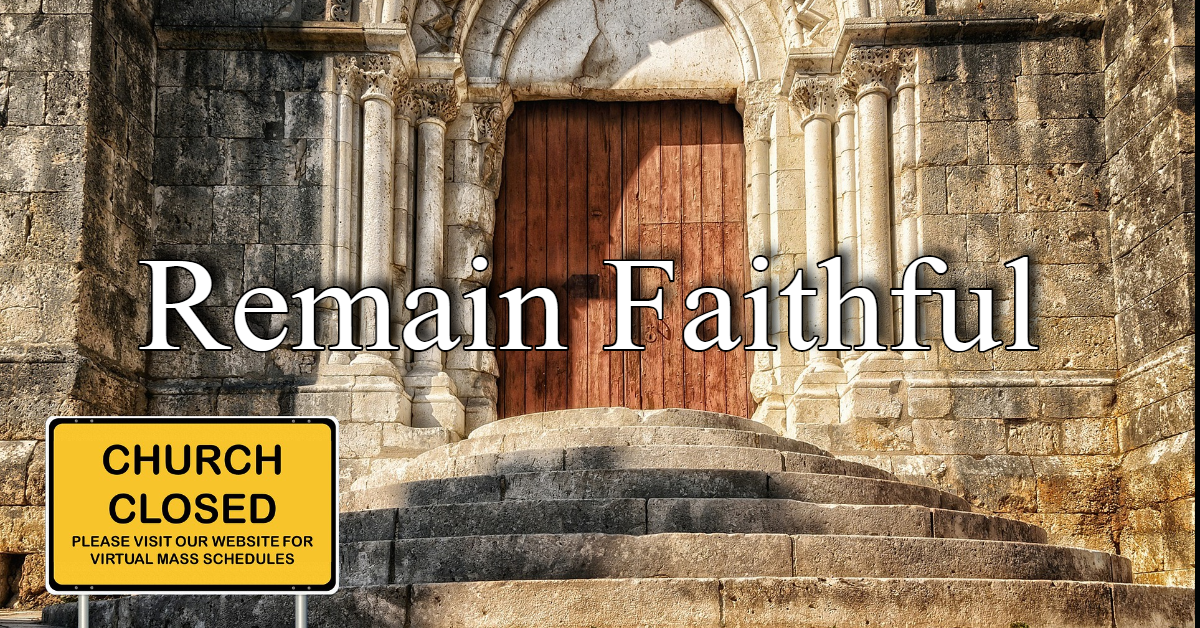And to the angel of the church in Smyrna write: ‘The words of the first and the last, who died and came to life.
“‘I know your tribulation and your poverty (but you are rich) and the slander of those who say that they are Jews and are not, but are a synagogue of Satan. Do not fear what you are about to suffer. Behold, the devil is about to throw some of you into prison, that you may be tested, and for ten days you will have tribulation. Be faithful unto death, and I will give you the crown of life. He who has an ear, let him hear what the Spirit says to the churches. The one who conquers will not be hurt by the second death.’
Understanding And Applying the Text
The second church addressed in Revelation is the church at Smyrna. Smyrna was one of the cities of Ionia in Asia. Ionia was an ancient region on the central part of the western coast of Anatolia. It is part of present-day Turkey.
Christ started His address to this church by identifying Himself. He used the words from chapter 1:17-18. “the first and the last, who died and came to life.”
This is the first of two churches that do not receive a rebuke. The other is the sixth church, Philadelphia. Christ told the Smyrnians He was aware of their suffering. This referred to suffering or distress they suffered under persecution. In the ancient world, your religious affiliation had economic repercussions. If was like being part of a guild. You could not buy or sell. This drove Christians into poverty.
Christ knew of their poverty. But even in their poverty, they were rich in Christ.
The Jews slandered Christians. Christ identified the slanders as those who said they were Jews but were not. They claimed to be God’s people but were not. Christians are the true Jews, regardless of ethnicity. He identified the slanders as belonging to the synagogue of Satan.
These words are not politically correct. Christ did not mince words. He had harsh words for those who proclaimed a false religion. Christ’s words were always harsh against those who claimed to speak for God but did not. Why do we hesitate to speak out against those who claim to speak for God today? There are at least two reasons. First, we live on this side of the Jewish holocaust. The holocaust was evil, It was wrong. We ought to condemn it in the strongest of terms. But as a result of the holocaust, we hesitate to speak out against Judaism. We fear triggering another holocaust. Antisemitism is alive and well today. It did not die with Hitler.
But our hesitation allows evil to reign. Judaism claims to speak for God. Yet it denies the Son. They deny the very Messiah they await. They blaspheme God’s name. They put false words in His mouth. While we should oppose Judaism, we should not do it with force or violence. We should preach God’s word. God’s word, not our own.
The second reason we do not follow Christ’s lead in opposing those who blaspheme God is, we are cowards. We fear men’s wrath. It is not only fear, but we also want their praise. We try to justify it by claiming we are being kind. One of the fruits of the Spirit is kindness. (Galatians 5:22) We are to be kind. But we mistake kindness with people thinking we are kind. Would it be kind to allow a child to play with a loaded gun? Even if he enjoys it? He will think we are mean and unkind when we take it away. He will cry and call us mean. But we take it to be kind. We hide behind “being kind” to allow men to go to hell.
We claim to call evil, evil is kind. Speaking out against those who blaspheme God’s name is kind. Judgment awaits them. Calling them to repentance is kind. In fact, atheist Penn Jillette once commented, how evil would you have to be, to really believe in a hell and not try to stop people from going there.
The Church at Smyrna was about to suffer. Christ called them to be faithful. The city of Smyrna prided itself on faithfulness to Rome. Christian’s refused the loyalty oath. “Cesar is Lord.” Rather they said, “Jesus alone is Lord.” Rome considered this seditious. As a result, the church suffered persecution.
Here we see a reference to time. Christ told them they would suffer 10 days. In Daniel, the use of days is a poetic reference to years. So, 10 years. But if you take a Futurist view of Revelation the time reference has no meaning. A day is as a thousand years and a thousand years as a day.
If they remain faithful, Christ promised eternal life. This did not mean they would not die a physical death. If they remained faithful they would not suffer the second death.

Leave a Reply